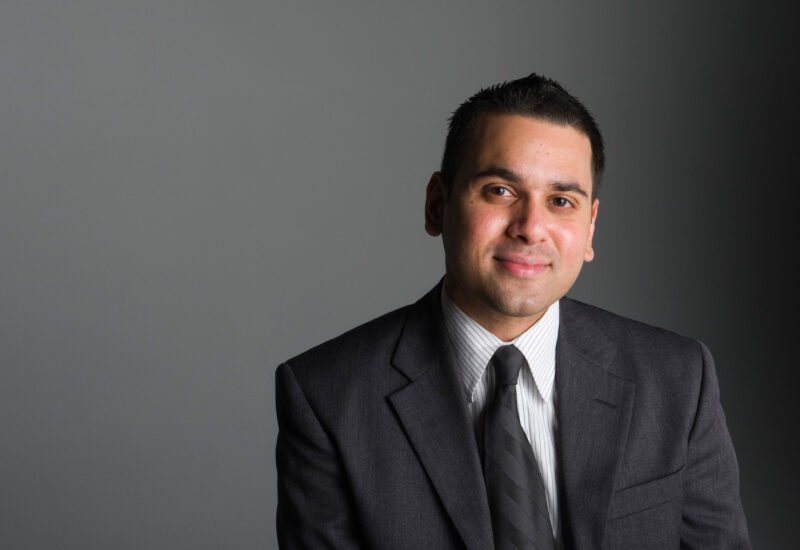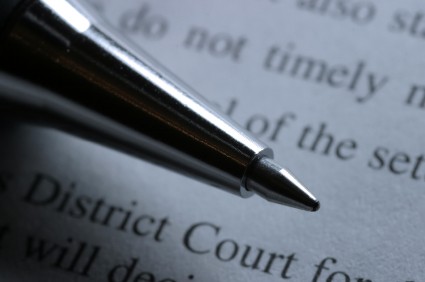
What happens when you help or simply, in some way, participate with another in committing a crime in Washington State? RCW 9A.08.020 provides the answer. Under RCW 9A.08.020 liability for the conduct of another equals complicity. Under the statute a person is guilty of a crime if it is committed by the conduct of another person for which he or she is legally accountable. A person is legally accountable for the conduct of another person when: (a) Acting with the kind of culpability that is sufficient for the commission of the crime, he or she causes an innocent or irresponsible person to engage in such conduct; or (b) He or she is made accountable for the conduct of such other person by this title or by the law defining the crime; or (c) He or she is an accomplice of such other person in the commission of the crime. (3) A person is an accomplice of another person in the commission of a crime if: (a) With knowledge that it will promote or facilitate the commission of the crime, he or she: (i) Solicits, commands, encourages, or requests such other person to commit it; or (ii) Aids or agrees to aid such other person in planning or committing it; or (b) His or her conduct is expressly declared by law to establish his or her complicity. (4) A person who is legally incapable of committing a particular crime himself or herself may be guilty thereof if it is committed by the conduct of another person for which he or she is legally accountable, unless such liability is inconsistent with the purpose of the provision establishing his or her incapacity. Conversely to the foregoing, a person is not an accomplice in a crime committed by another person if: (a) He or she is a victim of that crime; or (b) He or she terminates his or her complicity prior to the commission of the crime, and either gives timely warning to the law enforcement authorities or otherwise makes a good faith effort to prevent the commission of the crime. Finally, a person legally accountable for the conduct of another person may be convicted on proof of the commission of the crime and of his or her complicity therein, though the person claimed to have committed the crime has not been prosecuted or convicted or has been convicted of a different crime or degree of crime or has an immunity to prosecution or conviction or has been acquitted. The take from all this, don’t think that if you just participate a little with someone committing a crime that you are immune from being held accountable for that crime.
If you or a loved one is in a bind as a result of a criminal charge (theft or otherwise), immediately contact a Seattle Criminal Attorney. A Criminal lawyer is not going to judge you and understands that everyone makes mistakes. Hiring a Seattle Criminal Lawyer to help can – at a minimum – reduce penalties and can help direct people on how to best deal with their criminal charge, and many times even get them dismissed. So, it should go without saying that someone cited for a misdemeanor or felony should hire a qualified Seattle Criminal Lawyer as soon as possible. Criminal charges can cause havoc on a person’s personal and professional life. Anyone charged with a crime in Washington State should immediately seek the assistance of a seasoned Seattle Criminal Lawyer. SQ Attorneys can be reached at (425) 359-3791 and/or (206) 441-0900.


